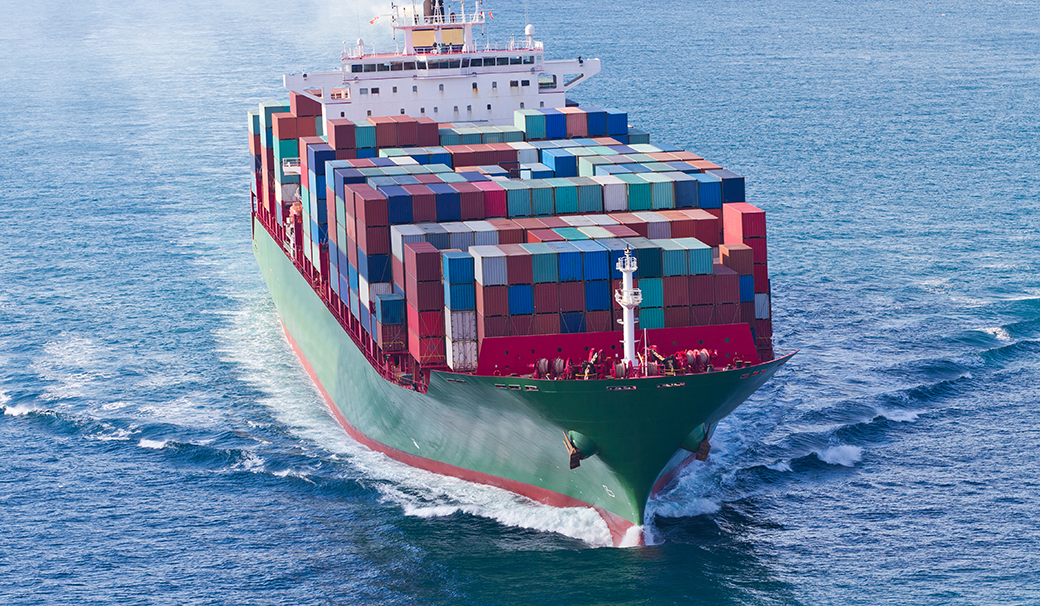
Expanding your business internationally is a great way of reaching new customers, expanding your business and boosting sales. Before you do start shipping internationally, however, there are a few things you need to know.
1. Duties and Taxes
With international shipping comes greater taxes and duties. Ensuring you understand how they work and how they are calculated is key to minimising costs associated with international shipping and knowing how much you should charge your customers.
Duties are calculated before your product is released from customs and is based on things such as your product’s value, where it was manufactured, and any existing trade agreements between the countries of origin and destination.
The best way to get an estimate on duties is to consult a shipping services provider such as ISS.
2. Incoterms and Shipping Policies
Incoterms (or International Commercial Terms) are a set of rules which define who is responsible for what in international transactions. Like other shipping policies, they should be clearly defined and displayed on your website. This will prevent miscommunication between you and international buyers and ensure a positive customer experience.
It’s critical you communicate who is responsible for the payment of duties in your incoterms. You may opt for delivery duty unpaid (DDU) incoterms, whereby the customer is responsible for the payment of duties, or delivery duty paid (DDP) incoterms, whereby you are responsible for paying them.
3. Permits
Some goods require import permits in order to be allowed into the destination country. In order to determine whether there are any restrictions or required permits for your products, you should always consult the customs website of your destination country.
4. Size and Weight Requirements
The larger and heavier your goods are, the more shipping costs they are likely to incur. It’s therefore important to ensure your goods are well-packed with volumetric weight kept to a minimum.
Once again, the best way to estimate shipping costs is to get in contact with ISS or another experienced shipping services provider.
Although it is worthwhile, international shipping can seem complicated and expensive at first. We’d recommend to all businesses wanting to expand internationally to outsource their logistics to an experienced shipping services company who can help with freight, transport, storage, and customs clearance. Although there may be an upfront cost, doing so will save you money, time and effort in the long run.




